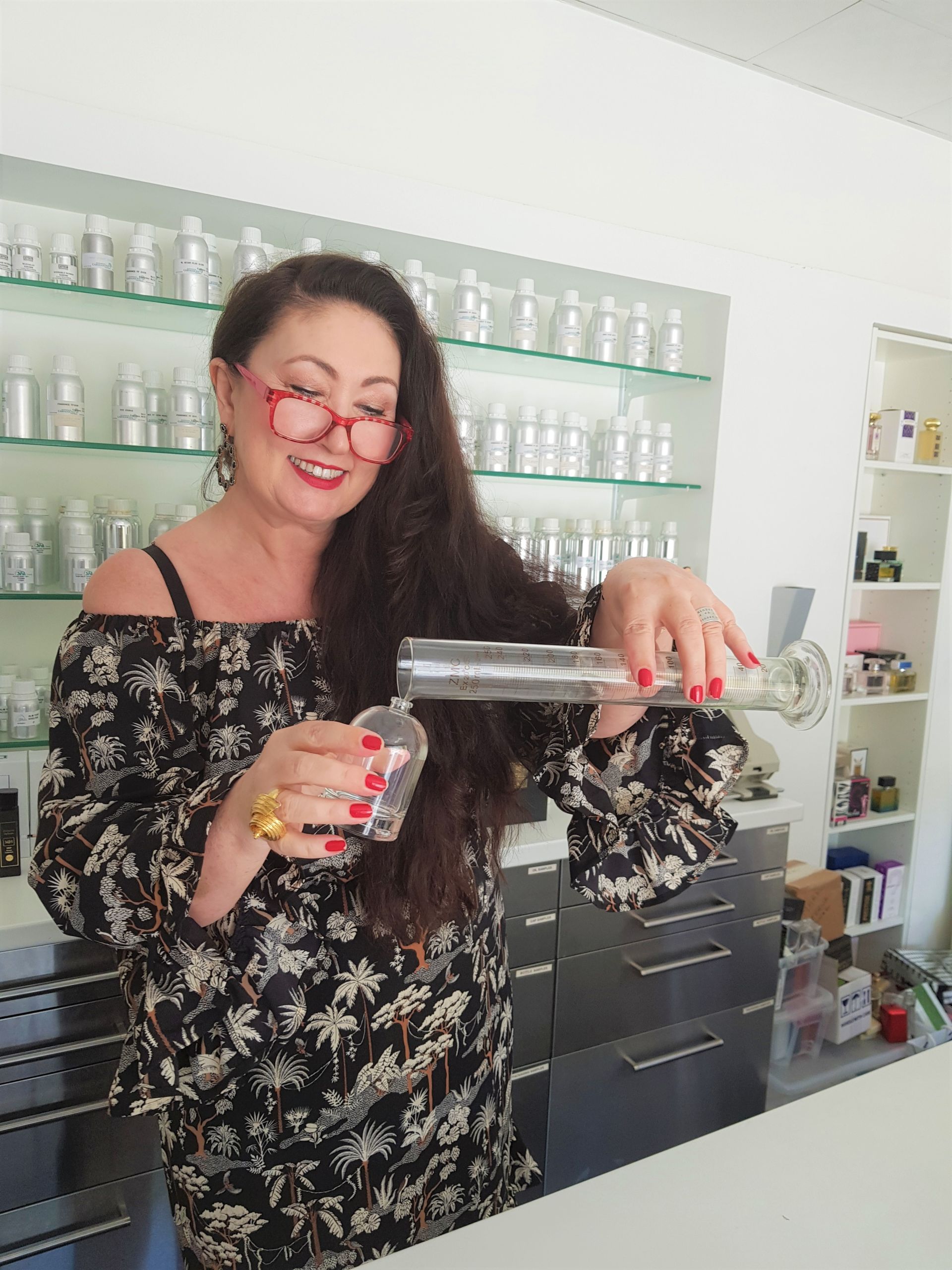17 MISTAKES TO AVOID LIKE THE PLAGUE...
1. Not Conducting Proper Market Research: Before launching a perfume brand, it's important to conduct market research to understand the target audience, competitors, and industry trends. Some people skip this step, thinking that they know what customers want or that their product is unique enough to stand out. However, without proper market research, you risk creating a product that doesn't resonate with customers or fails to differentiate itself from other brands.
2. Not having a clear brand identity: A strong brand identity is essential for any successful perfume brand. Failing to establish a clear brand identity can lead to confusion among consumers and make it difficult for the brand to stand out in a crowded marketplace.
3. Neglecting Branding and Marketing: Creating a great perfume is only half the battle. To succeed, you need to effectively brand and market your product to your target audience. Some people make the mistake of neglecting these aspects, thinking that a great product will sell itself. However, even the best products need effective branding and marketing to stand out in a crowded market. Neglecting these aspects can result in low sales and a lack of brand awareness.
4. Overlooking the importance of packaging: The packaging of a perfume is crucial as it can help to communicate the brand identity and appeal to consumers. Neglecting this aspect can result in a product that is not visually appealing or does not reflect the brand's values.
5. Rushing the Product Development Process: Perfume development is a complex process that requires a lot of time, effort, and patience. One of the biggest mistakes that people make is rushing the product development process, thinking that they can quickly create a high-quality perfume. However, perfume development requires careful planning, extensive testing, and multiple modifications to get the desired scent and quality. Rushing the process can result in a mediocre product that is not fully developed and does not meet the desired quality standards or customer expectations.
6. Underestimating the cost of production: Perfume production can be expensive, and it is essential to factor in all the costs associated with creating a high-quality product. Failing to do so can result in a product that is not of the desired quality or that is not profitable.
7. Underestimating the Cost of Starting a Perfume Brand: Starting a perfume brand can be expensive, and many people underestimate the costs involved. Perfume development, packaging, marketing, and distribution all require significant investments. If you don't budget enough for these expenses, you risk running out of funds before your brand gains traction. It's important to have a realistic budget and a solid business plan before starting a perfume brand.
8. Underestimating the competition: The perfume industry is highly competitive, and it is essential to have a clear understanding of the competition and their products. Ignoring the competition can result in a product that is not competitive in the marketplace.
9. Not considering the regulatory requirements: Perfumes are subject to regulatory requirements, such as ingredient labelling and compliance with safety regulations. Failing to meet these requirements can result in legal issues and damage to the brand's reputation.
10. Focusing too much on the fragrance: While the scent is the most crucial aspect of a perfume, other factors such as longevity, sillage, and projection are also important. Neglecting these factors can result in a product that is not well-received by consumers.
11. Failing to Build Relationships with Suppliers: Creating a high-quality perfume requires access to high-quality ingredients and materials. It's important to build strong relationships with suppliers to ensure that you have a reliable source of materials for your product. Some people make the mistake of not investing enough time and effort into building relationships with suppliers, thinking that they can easily find what they need. However, without strong relationships, you risk delays, quality issues, and other problems that can negatively impact your brand.
12. Choosing the Wrong Distribution Channels: Choosing the right distribution channels is crucial to the success of your perfume brand. Some people make the mistake of choosing the wrong channels, thinking that they can sell their products anywhere. However, each distribution channel has its own strengths and weaknesses, and choosing the wrong one can result in low sales and wasted resources.
13. Overcomplicating the Scent: Some people make the mistake of overcomplicating the scent of their perfume, thinking that a complex scent will impress customers. However, a perfume with too many notes can be overwhelming and confusing and may not appeal to a wide audience. It's important to strike a balance between complexity and simplicity when creating a scent.
14. Ignoring Sustainability and Ethical Issues: Consumers are becoming increasingly aware of sustainability and ethical issues and expect brands to take a stand on these issues. Some people make the mistake of ignoring these issues, thinking that they are not important. However, ignoring these issues can result in negative publicity and lost customers. It's important to consider the environmental and social impact of your brand and take steps to address any issues.
15. Lack of Patience: Building a successful perfume brand takes time, and some people make the mistake of expecting instant success. However, it can take months or even years to build a strong brand and gain a loyal customer base. It's important to be patient and stay committed to your brand, even when progress seems slow.
16. Failure to Adapt: The perfume industry is constantly evolving, and it's important to stay up-to-date with industry trends and consumer preferences. Some people make the mistake of failing to adapt to changes in the market, thinking that their product will always be relevant. However, failing to adapt can result in lost sales and a declining brand. It's important to stay flexible and willing to make changes to stay competitive.
LAST BUT NOT LEAST…
17. Not seeking expert advice: Starting a perfume brand can be challenging, and it is essential to seek expert advice in areas such as product development, marketing, and legal requirements. Failing to do so can result in costly mistakes and damage to the brand's reputation.


